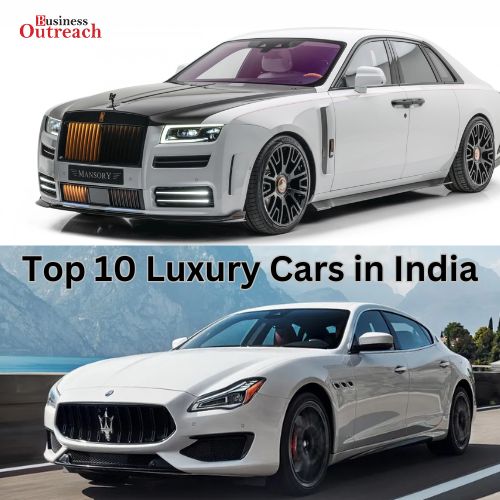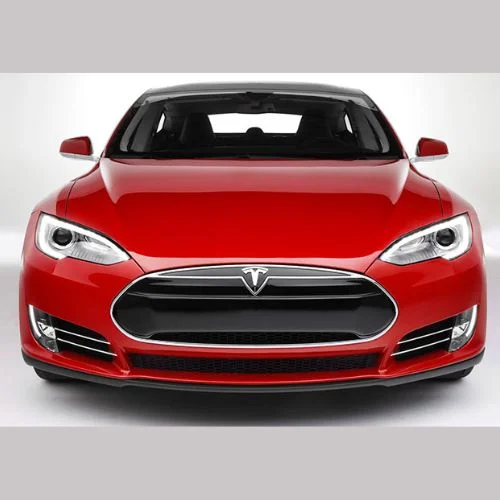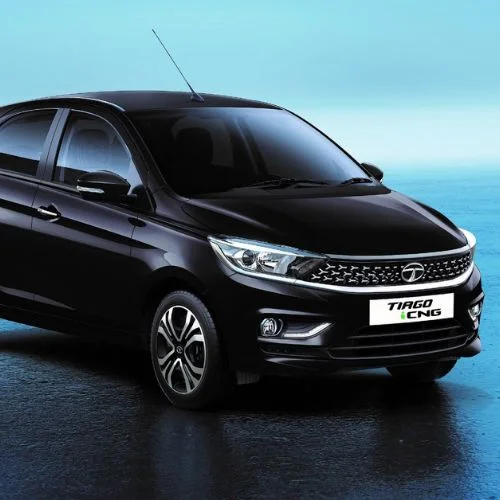According to three individuals familiar with the conversations, China’s Huawei Technologies has asked Mercedes-Benz and Volkswagen’s Audi whether they want to purchase modest holdings in its smart vehicle software and components company.
According to them, the move is intended to broaden its connections outside Chinese businesses. According to one of the people informed on the topic, Huawei, which has been the focus of US sanctions since 2019, thinks that the presence of international investors would help protect the company from any additional geopolitical difficulties.
Last month, the Chinese technology behemoth announced the spinoff of its four-year Intelligent Automotive Solution (IAS) business unit, which aims to become the leading provider of software and components for smart electric cars (EVs).
According to prior reports, the unit would be valued between $28 billion and $35 billion.
According to two sources, Huawei has undertaken preliminary conversations with Mercedes in recent weeks. According to one source, the German automaker was given a 3% to 5% interest, with the price to be discussed.
However, Mercedes was uninterested since it preferred to retain control of its software to maintain its premium brand identity rather than outsourcing it to a supplier, according to the source.
Audi’s degree of interest in Huawei’s offer could not be ascertained immediately.
Mercedes refuses to comment on the “speculation.” Requests for a response from Huawei and Volkswagen still need to be returned. Huawei’s effort comes as foreign automakers in China want to cooperate with Chinese businesses that have a head start in creating high-end features for tech-savvy Chinese customers. Volkswagen has been collaborating with EV manufacturer Xpeng and autonomous driving chip designer Horizon Robotics to create intelligent and connected electric vehicles tailored to China.
Audi has also collaborated with SAIC Motor to develop EVs in a section of the Chinese market where it has previously had no presence.
According to Richard Yu, who leads Huawei’s smart vehicle business, it has been difficult for European, American, and Japanese corporations to pick Huawei as their primary intelligent solution provider due to US sanctions. “As a result, it’s a huge challenge because we’ve invested so much,” Yu said at the time.
While many of China’s most prominent EV manufacturers, such as Nio and BYD, depend on their software, Huawei has forged relationships with smaller electric vehicle manufacturers, such as Seres Group, as well as some larger older automakers, such as Chongqing Changan Automobile.
Changan Auto has said that it will be a shareholder in Huawei’s smart vehicle company once it is spun off, with a stake of up to 40%.
Yu said in November that Huawei had asked Seres, Chery Automobile, Jianghuai Automobile Group, and BAIC Motor to participate in the smart vehicle company and that he hoped FAW Group would also join.
According to insiders, Dongfeng Motor is another possible investor in the company.















